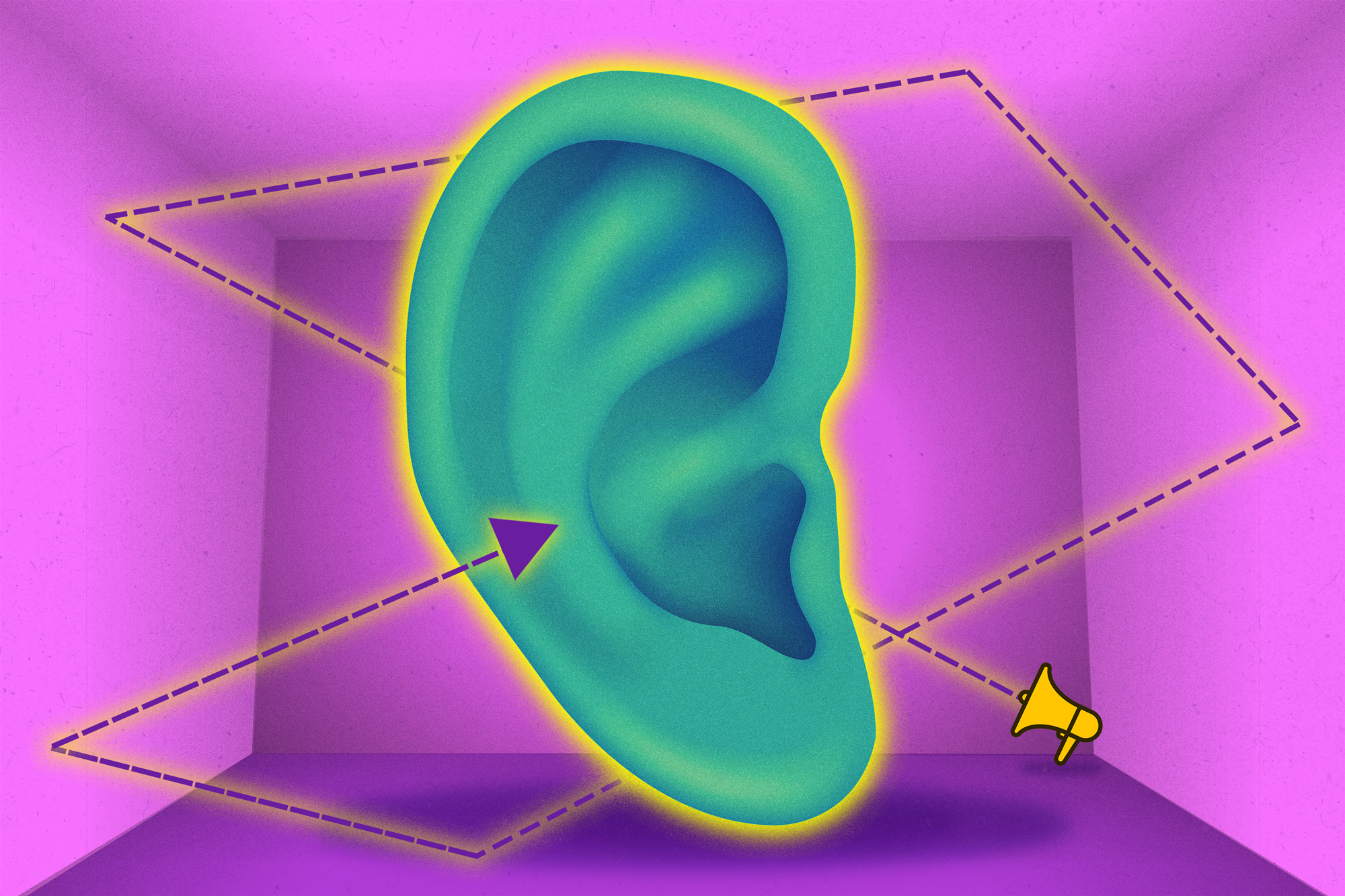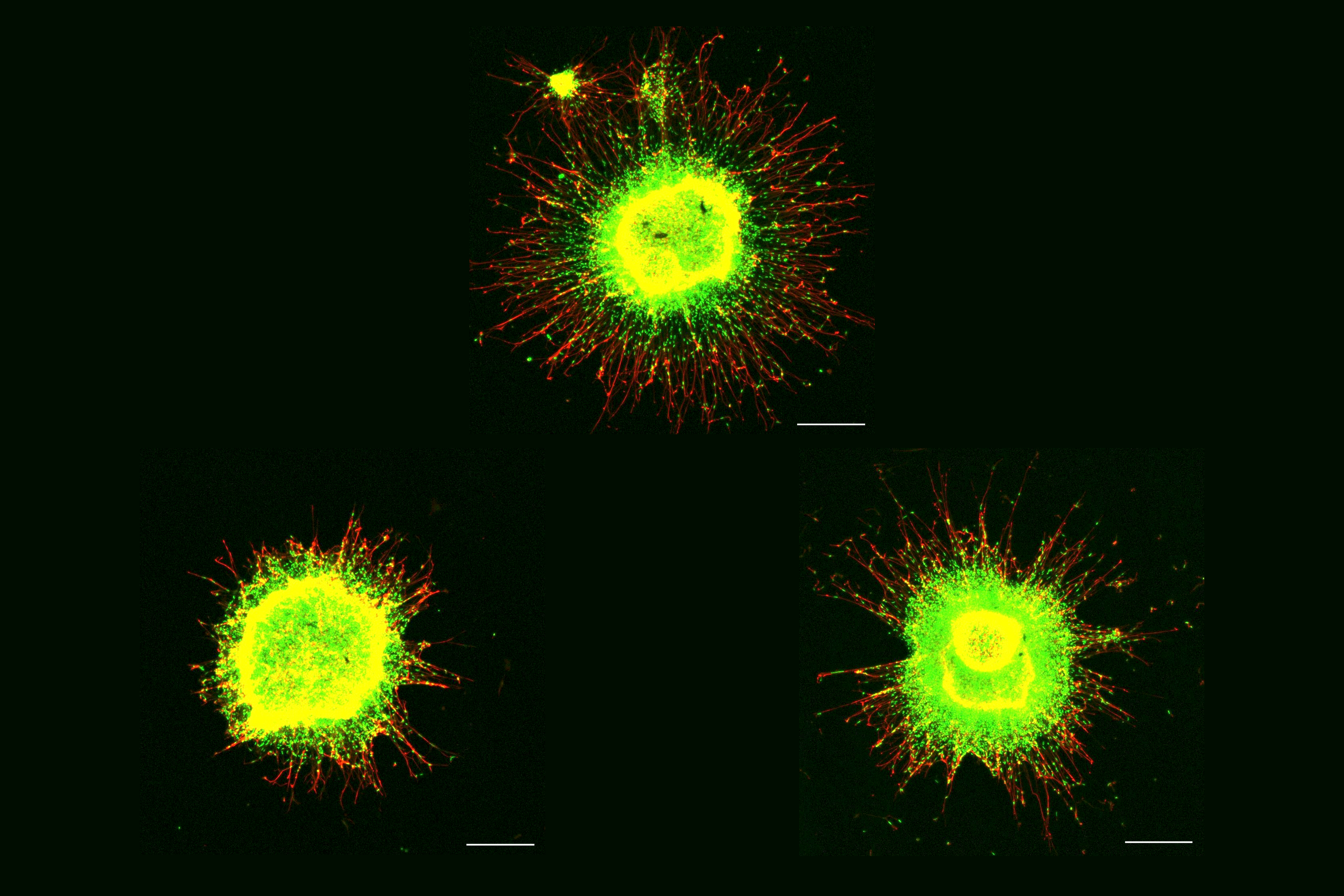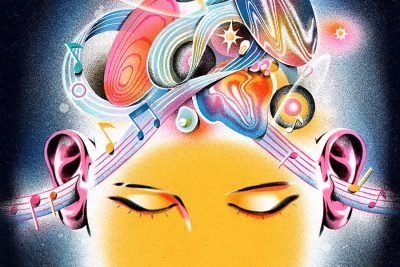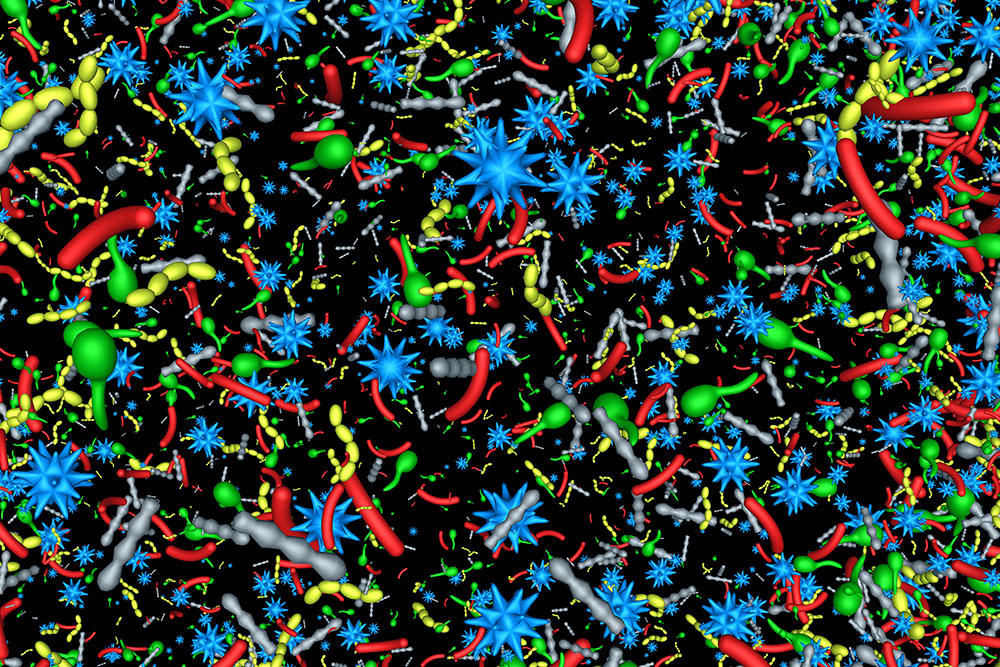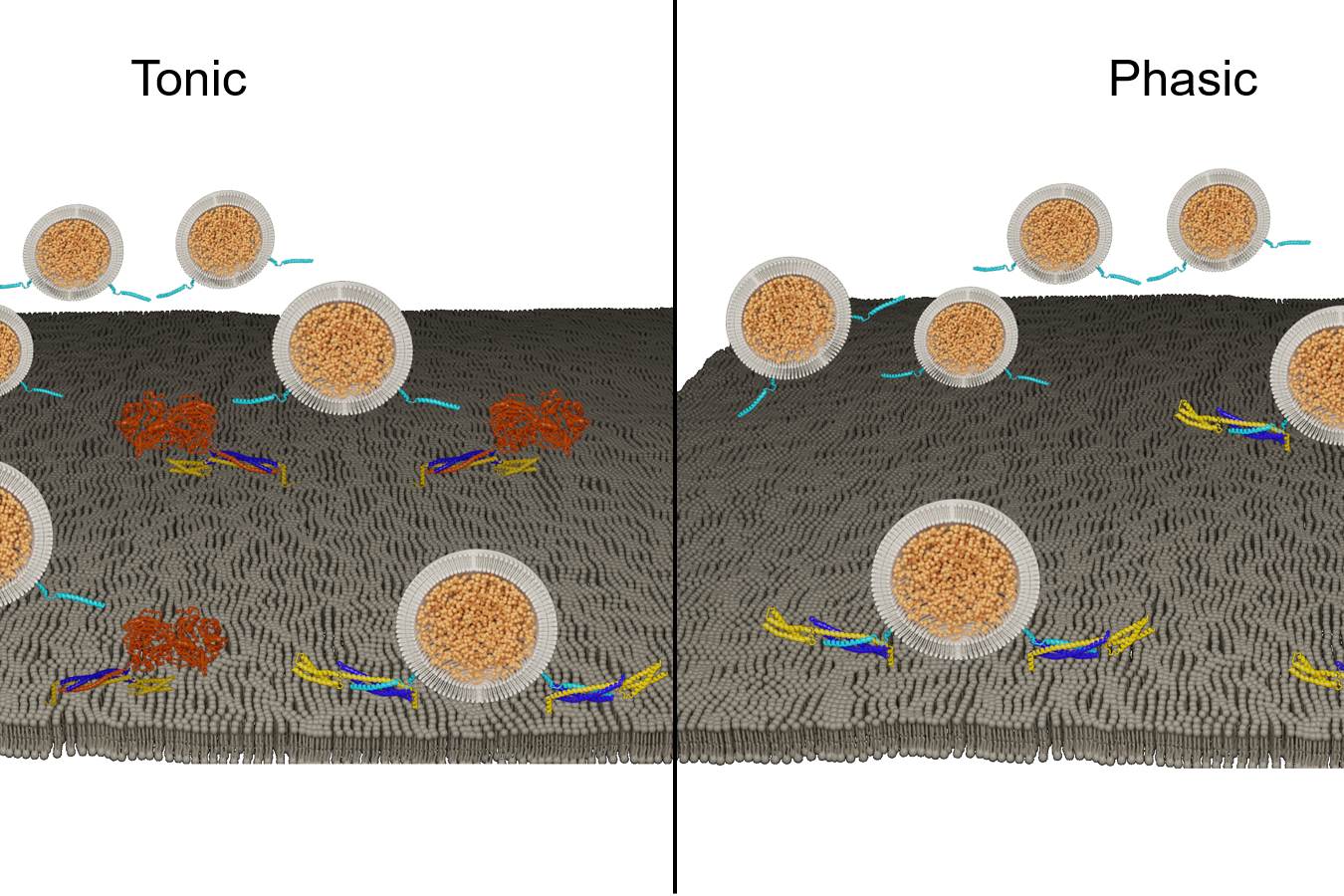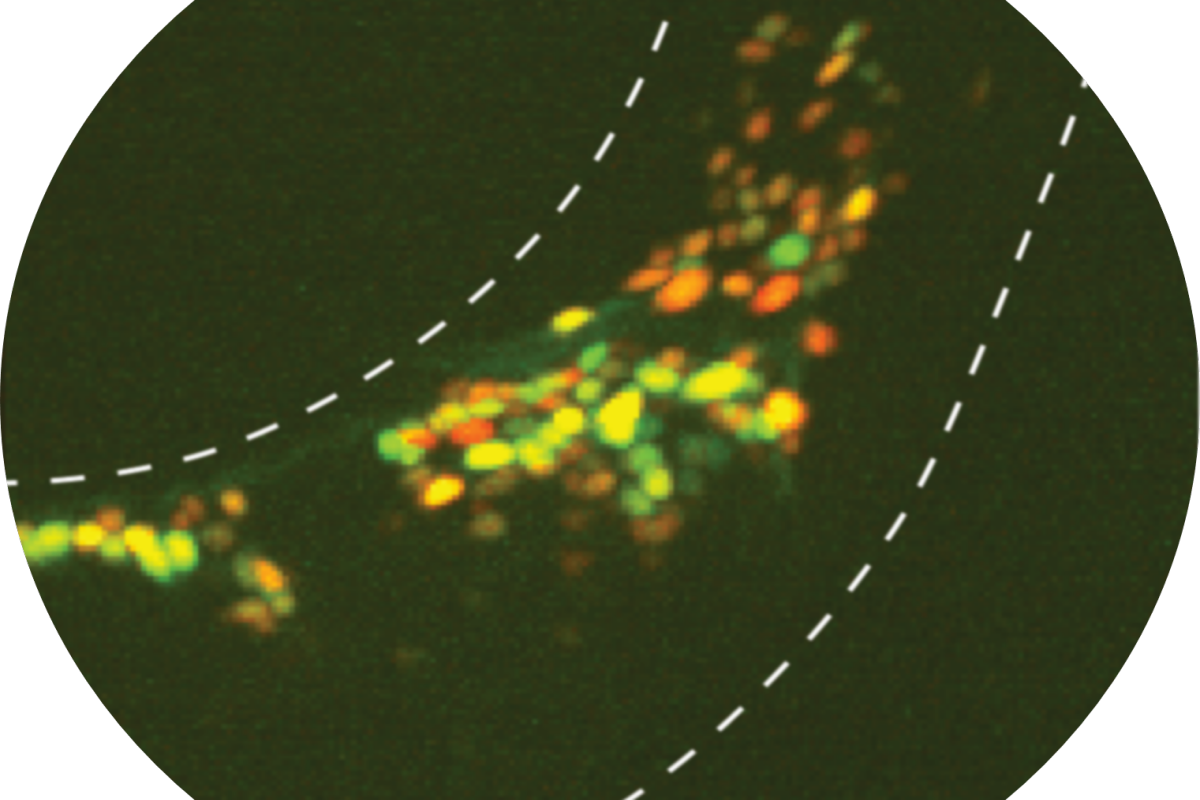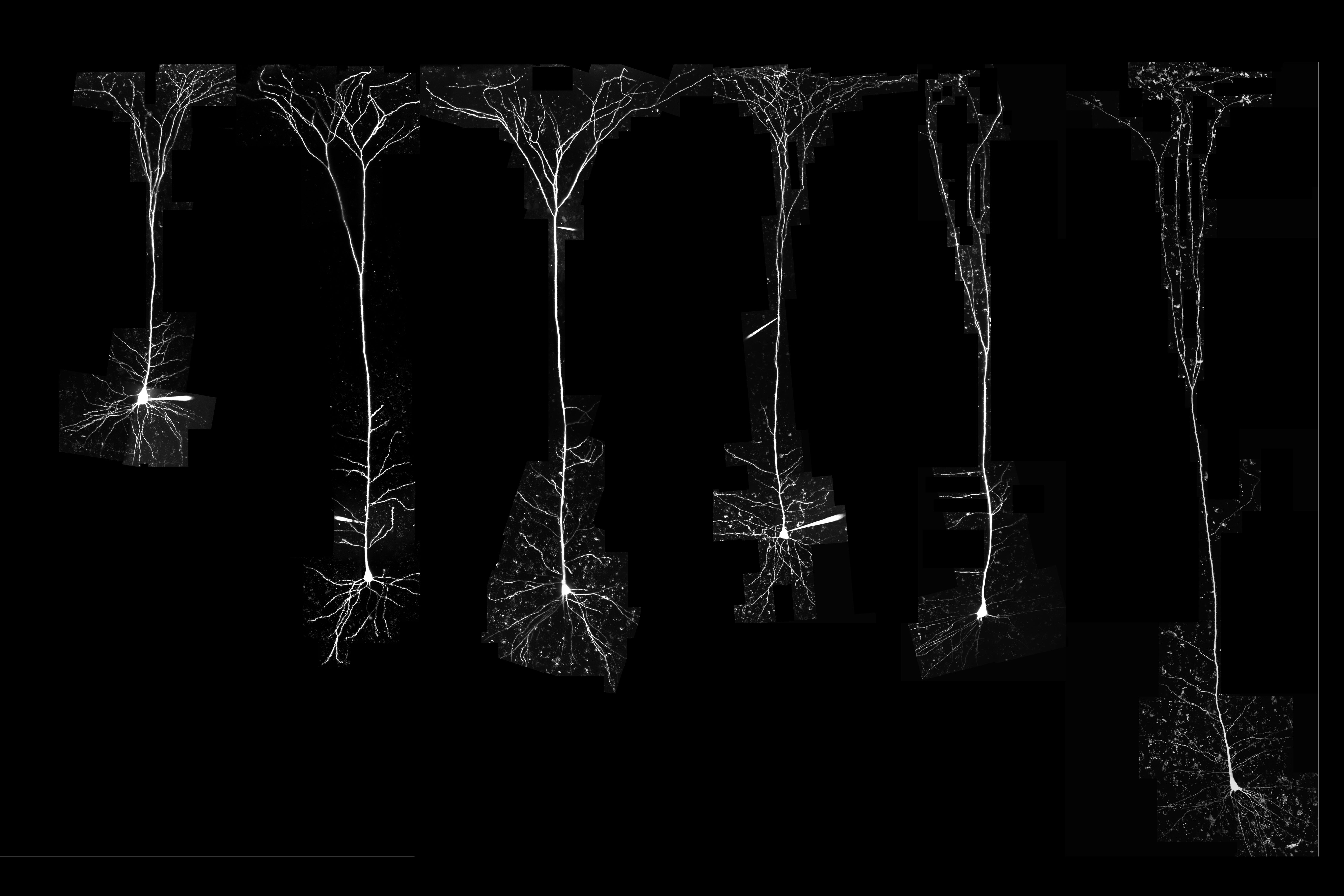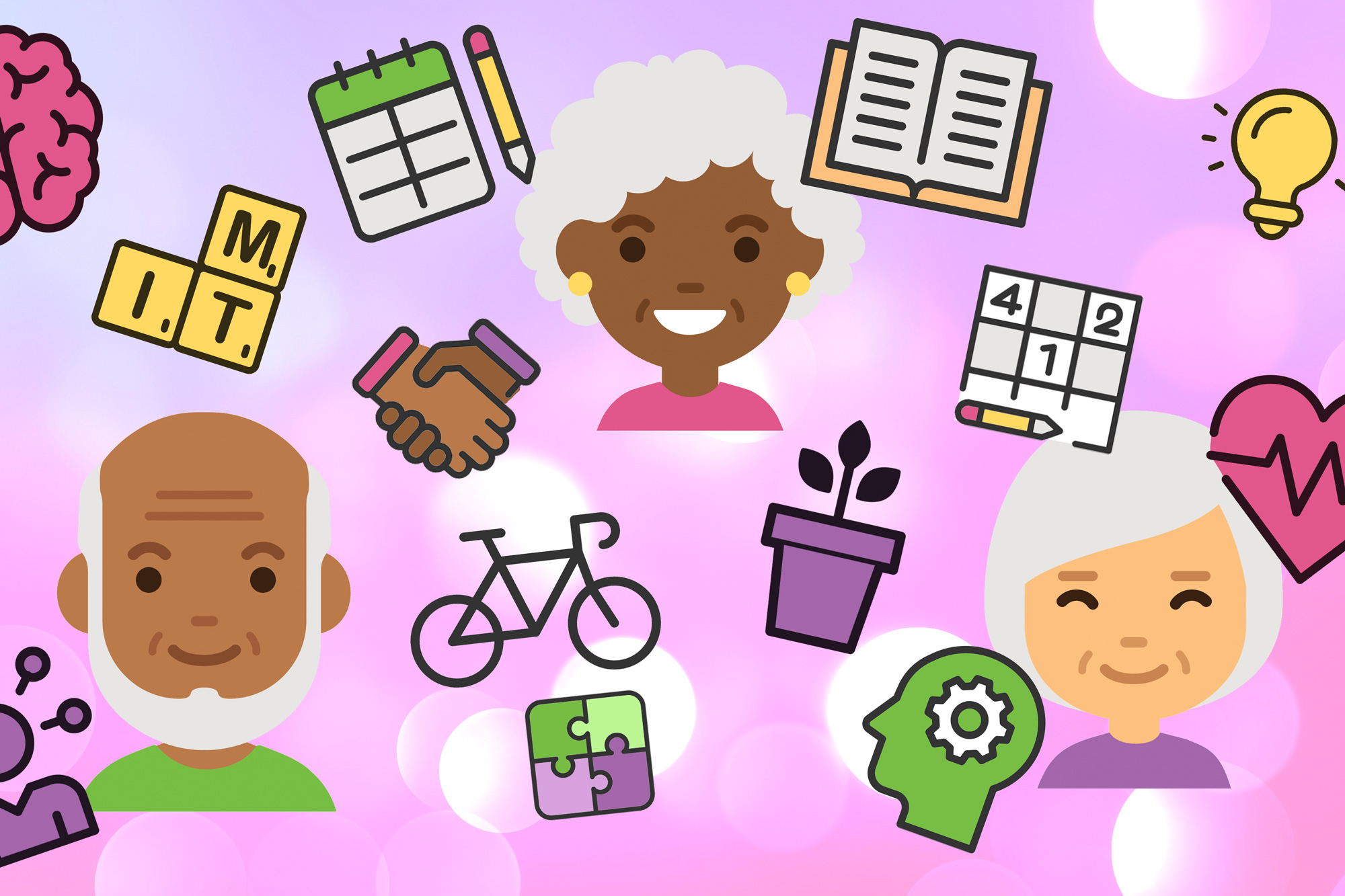“Traveling” nature of brain waves may help working memory work
The act of holding information in mind is accompanied by coordination of rotating brain waves in the prefrontal cortex, a phenomenon that may convey specific advantages, a new study suggests.
Feb. 10, 2022 • ~7 min


